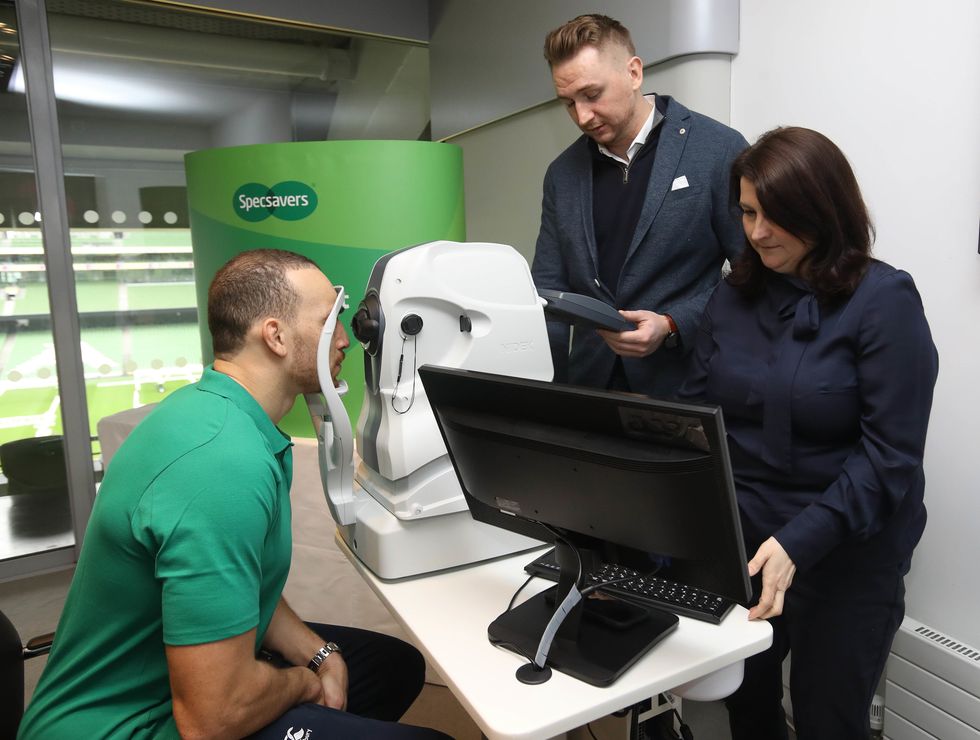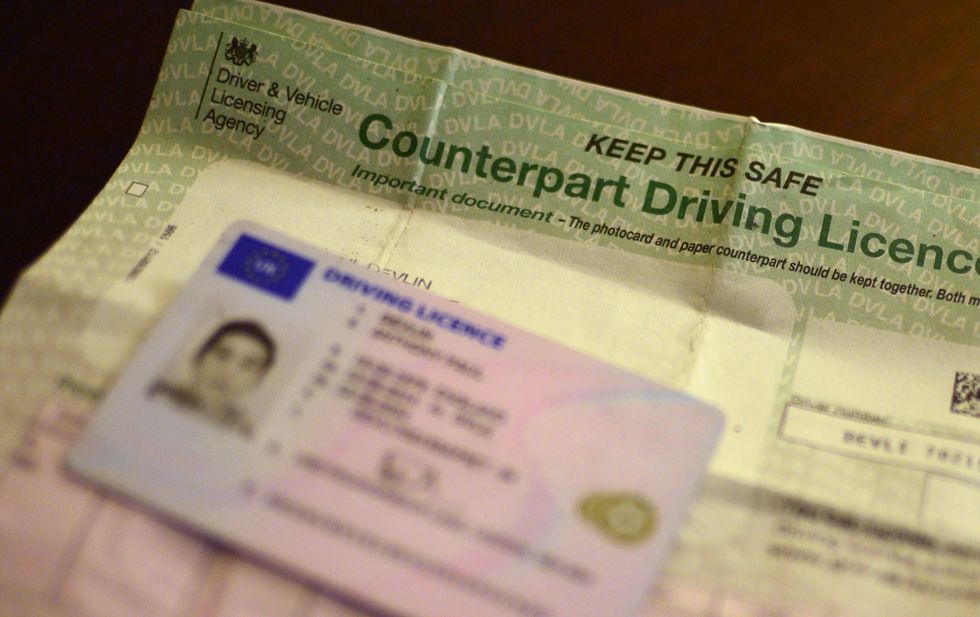
The newly unveiled changes have shortened the list of eyesight conditions
PA
Changes have been made to the DVLA's medical conditions list which aims to help drivers and opticians
Don't Miss
Most Read
Trending on GB News
The Driver and Vehicle Licensing Agency (DVLA) has unveiled a number of changes to its list of notifiable medical conditions.
Some motorists are required to inform the DVLA of any conditions which could affect their ability to drive.
People who may have particular eye conditions have to inform the DVLA to ensure they can keep their driving licence.
The Association of Optometrists raised serious concerns about a published list of conditions, saying that it could affect all drivers.

Drivers are urged to ensure they have good vision before setting off
PA
Since then, the AOP and DVLA have been working together to find a solution and ensure it is “reasonable” for both drivers and eye care practitioners.
The following eye conditions were removed from the list: branch retinal vein occlusion, hemianopia, nystagmus, optic atrophy, optic neuritis, reduced visual acuity, retinal treatment, retinopathy, tunnel vision and usher syndrome.
Speaking to GB News, a DVLA spokesperson said: “Drivers should notify DVLA of the onset or worsening of any medical condition that could affect their driving.”
The DVLA has recently updated its list of notifiable eye conditions after consulting with key stakeholders.
The Government agency will continuously review the list of notifiable conditions alongside its expert medical panels.
Adam Sampson, chief executive of the Association of Optometrists, said: “The original list of conditions would have almost certainly applied to most, if not all, drivers.
“We’re pleased to see that the DVLA have listened and acted on our advice and have now published a much-reduced list – which will also be a relief to many drivers on UK roads, who faced the threat of a £1,000 fine.”
A number of eye conditions remain on the list, with drivers being required to tell the DVLA of any changes to their vision.
This includes blepharospasm, cataracts, diabetic retinopathy (with laser treatment), diplopia (double vision), glaucoma, loss of an eye, macular degeneration, monocular vision (sight in one eye only), nyctalopia (night blindness), visual field defects and other related conditions.
If the condition only affects one eye and they have sight in both eyes, they only have to tell the DVLA if they do not meet the visual standards for driving and if they have been told they do not meet standards by a GP, optician or other specialist.
Dr Peter Hampson, clinical and professional director at the AOP, said the changes were a positive move and would collaborate with the DVLA moving forward.
He added: “Throughout this process, we’ve welcomed the opportunity to work with the DVLA and maintain open and effective dialogue on an issue that is important to so many people.
LATEST DEVELOPMENTS:

Experts have praised the changes to eyesight rules
PA
“We look forward to working with the DVLA in the future to continue to find practical solutions where needed for drivers, our members and the DVLA.”








